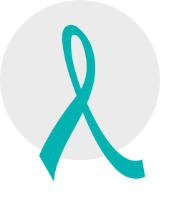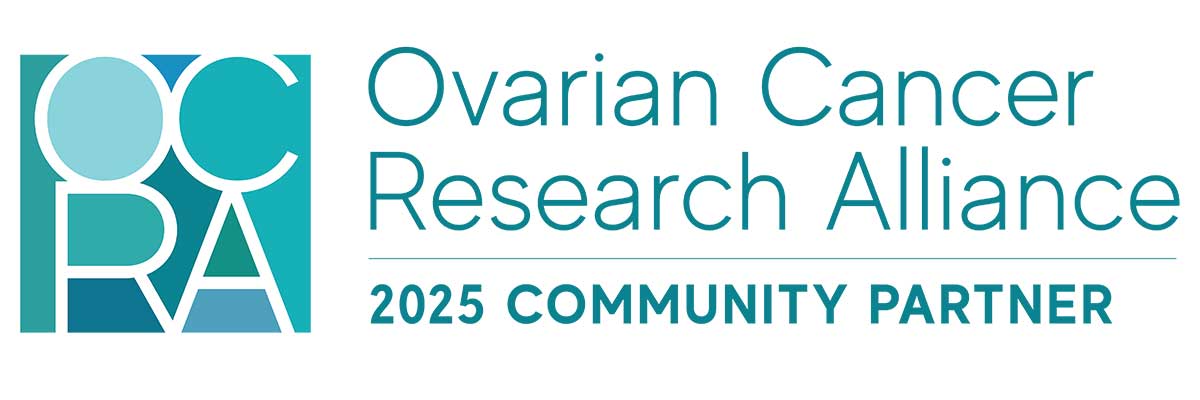While scientists and experts continue to work towards an effective ovarian cancer screening test to improve outcomes for patients, this study suggests that removing the fallopian tube may lead to a reduction in ovarian cancer incidence. This is because 65% of the most common form of high-grade serous ovarian cancer appears to originate from the fallopian tube, where it progresses from lesions to cancer.
It’s important to take precautions post-surgery to make sure you can recover well and prevent any complications. In this post, we’ll look at essential tips to help you recover at home after ovarian cancer surgery:
Prioritize healthy nutrition
It’s important to nourish yourself post-surgery to fuel your healthy recovery. Read here to be aware of some of the common side effects that may hinder your eating ability post-treatment, including constipation, diarrhea, nausea, changes in taste, and appetite, and fatigue. If that’s the case, adjusting your diet is important. Small portions of well-cooked vegetables and fresh or canned fruits can help alleviate diarrhea symptoms, while fiber-rich foods like bran, broccoli, and carrots can help relieve constipation.nnIt’s okay to eat your favorite go-to foods and not force any particular foods, as the goal is to get enough nourishment through the most comfortable and tolerable foods. Of course, for other nutrition concerns, you should consult your healthcare professional for medical or dietary advice post-surgery.
Avoid standing up for too long
Remember that recovery requires physical rest on your part. This means you shouldn’t be too physically active, and you shouldn’t be standing up for long periods. In fact, you should be resting with your feet up most of the time. The healthiest way to do this is to invest in ergonomic furniture. To ensure your comfort while sitting for long periods, this article lists the best ergonomic chairs that prioritize your comfort. Some ergonomic chairs also have a tilt mechanism to pivot your body naturally into comfortable sitting positions.nnThe lumbar support on ergonomic chairs can help alleviate any back, neck, and leg pain while seated so that you won’t feel discomfort. The tilt mechanisms also allow you to set your recline range to accommodate upright sitting, mid-recline, and full recline. Some models will also have a built-in footrest that pulls out from underneath the seat to keep your legs up while resting or reclining.
Start with light exercises
At the same time, it’s also important to work light exercises into your post-surgery routine so that your body stays active. Of course, this doesn’t mean you should pick up grueling workout regimens. This research looking at a supervised exercise program for women after ovarian cancer surgery found that women were able to lose body weight and fat mass by more than 5% post-surgery.nnThere’s also evidence that exercising could boost parts of the immune system linked to fighting the survival and spread of tumors. Do keep in mind that the study focuses on light exercises, such as walking and light jogging. Doctors warn against heavier exercises targeting abdominal muscles while recovering from surgery. Instead, aim to start back slowly into an exercise routine to help your body heal.
Allow emotional recovery
Finally, you should focus on giving yourself the time and space to recover emotionally. Click here to read our article on being a survivor and how it is important to prioritize feeling positive in order to live a meaningful lifestyle. Dealing with cancer can be difficult, and recovering after treatment can still challenge you to cope well with potential side effects. It’s normal to slip into the occasional sad moments but remember to take it one step at a time and embrace seeking support from friends, loved ones, or a community of fellow survivors — whether online or locally.nnHealing and recovering after your surgery may be a primarily physical experience, but remember to take care of yourself emotionally and mentally as well. Just as you would take care of your body post-surgery by staying well-nourished and avoiding fatigue, you should also do what you can to manage your thoughts and emotions in your healing process healthily. Don’t be afraid to seek professional advice besides your support system.
Article written by: Jenifer Rutherford
Exclusively for tealdiva.org






